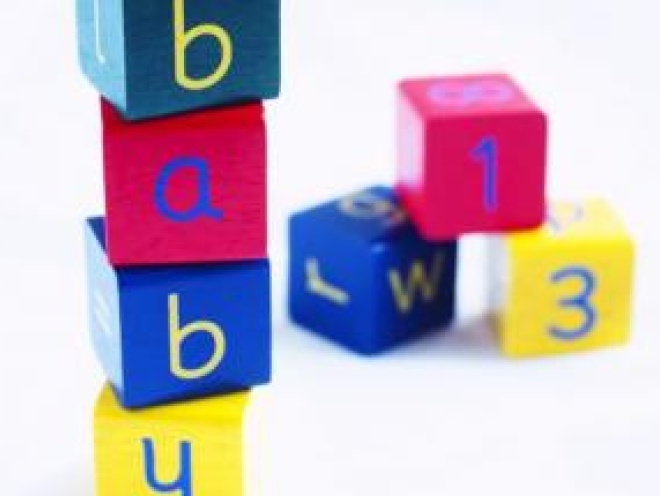Support and information from NCT
NCT offers reliable support and information about the various stages of pregnancy, week by week.
When your midwife estimates the due date of your baby she will ask you for the day your last period started. She will estimate the due date of your baby by counting forward 40 weeks from that date.
It is assumed that you will actually conceive half way between periods (on day 14) and that pregnancy lasts 38 weeks from the date you conceive.
So, oddly, the 40 weeks of pregnancy include the first two weeks of your last cycle when you were not pregnant because you had not yet conceived.
However not every woman has a 28 day cycle or space between periods, and not everyone produces an egg which is ready for fertilisation half way between periods. If you conceive earlier or later in your cycle then your due date will be different from that estimated.
Even the estimated length of pregnancy is in dispute. In France pregnancy is counted as being 41 weeks long. Some research showed that the average length of pregnancy is probably 40 weeks and 6 days.
For these reasons - and the natural variation in the way we grow our baby - only 5% of mothers have their baby on the due date calculated. More babies come after their calculated due date but it is normal to have your baby up to about two weeks on either side of your due date. Some women naturally have longer pregnancies 42 or even 43 weeks.
In week one of the month you will conceive in, you will have your period (menstruate). During this time the thickened lining of your uterus (womb) sheds because an egg has not been fertilised and/or attached itself to your uterus wall. Your period can last 3-8 days.
During your period you will experience blood loss and may also during or just before your period feel irritable and bad-tempered, have mood swings, suffer fluid retention and feeling bloated. Some women experience pain/cramps in their lower abdomen often feeling like they come from near or behind your bladder or in your lower back. This pain is similar to the way most women experience early labour.
After your period your body will start the cycle again, thickening the lining of your womb ready to receive a fertilised egg should you conceive in your next cycle.
The egg starts to mature in your ovaries ready to be released into your fallopian tube where it is fertilised on its way to the uterus if you are to become pregnant.
How to calculate your due date
Your baby’s due date is calculated from the first day of your last period.
Add nine months onto this date
Add seven days
For example
1 March + 9 months = 1 December + 7 days = 8 December is your estimated due date
Further information
NCT offers reliable support and information about the various stages of pregnancy, week by week. Our support line offers practical and emotional support with feeding your baby and general enquiries for parents, members and volunteers: 0300 330 0700.
We also offer antenatal courses which are a great way to find out more about birth, labour and life with a new baby.
Make friends with other parents-to-be and new parents in your local area for support and friendship by seeing what NCT activities are happening nearby.






